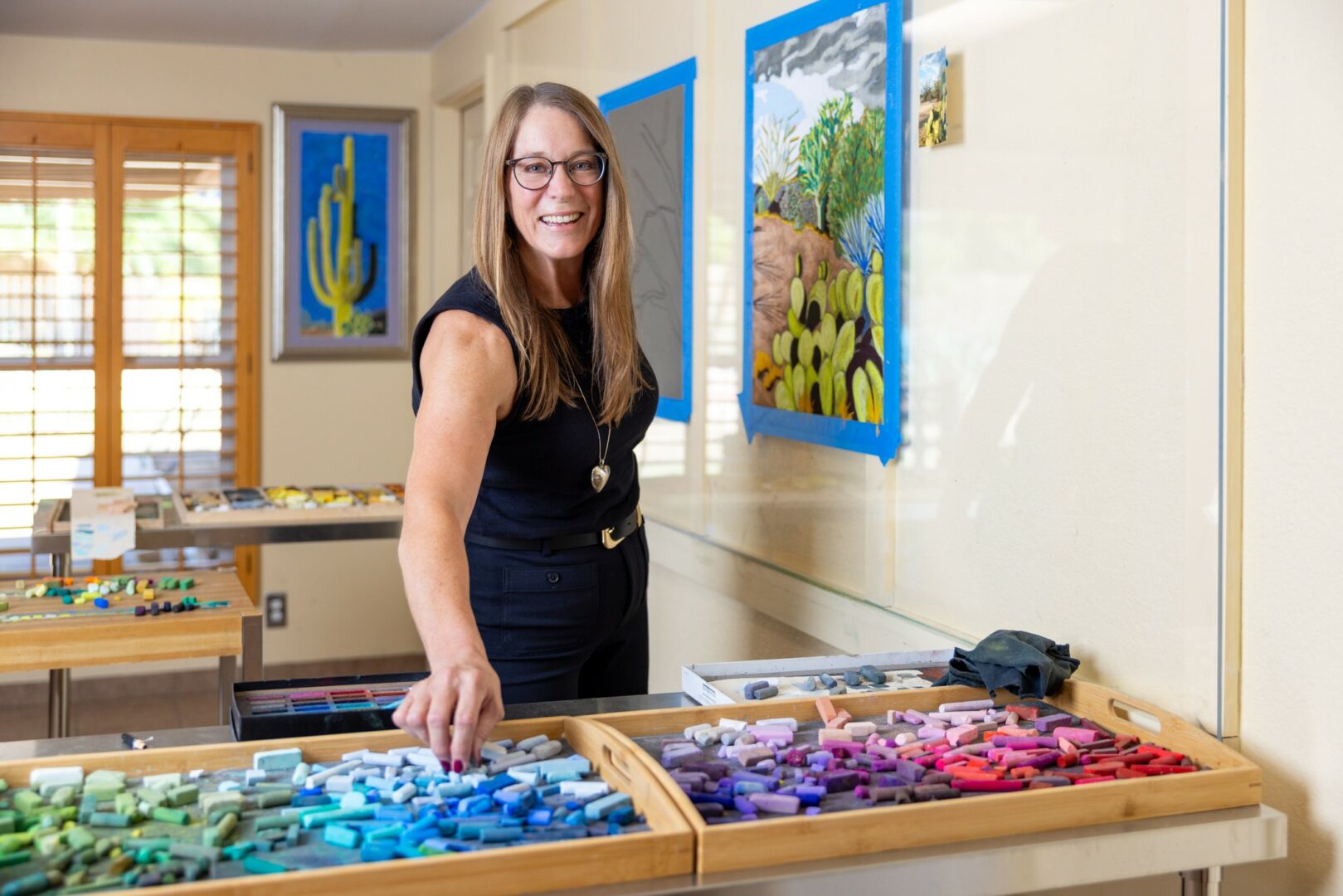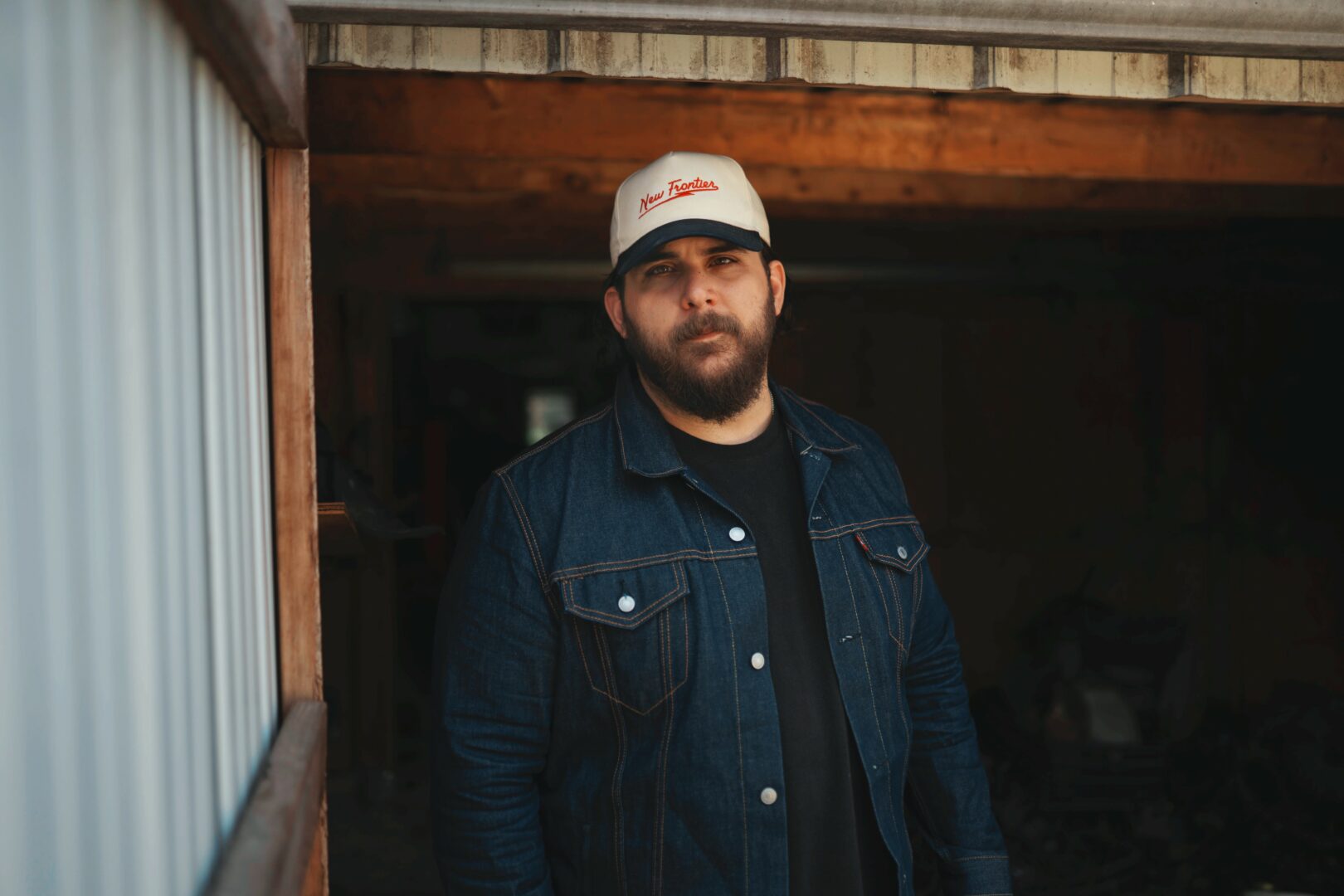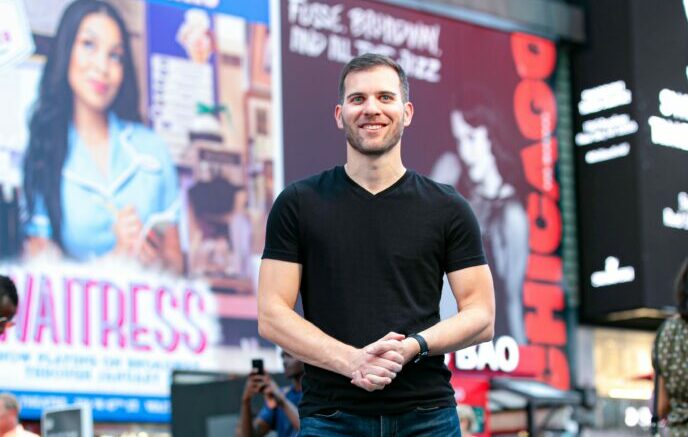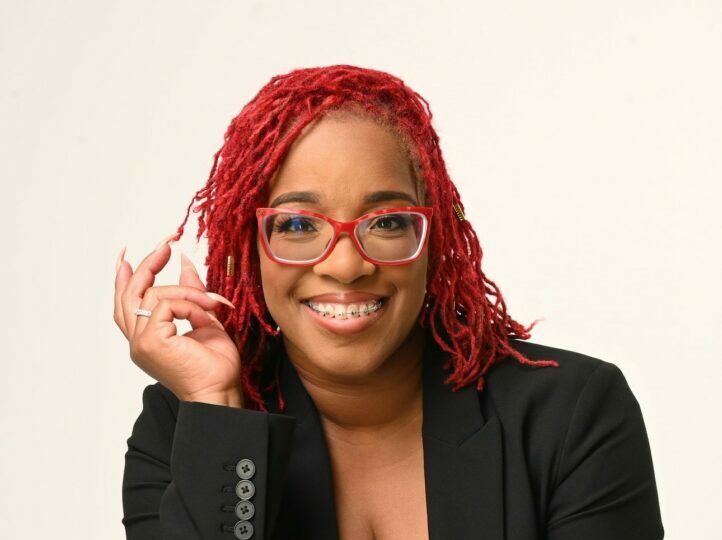Learning from one another is what BoldJourney is all about. Below, we’ve shared stories and insights from phenomenal artists, creatives and entrepreneurs who’ve successfully managed to overcome imposter syndrome.
Kristin Ryan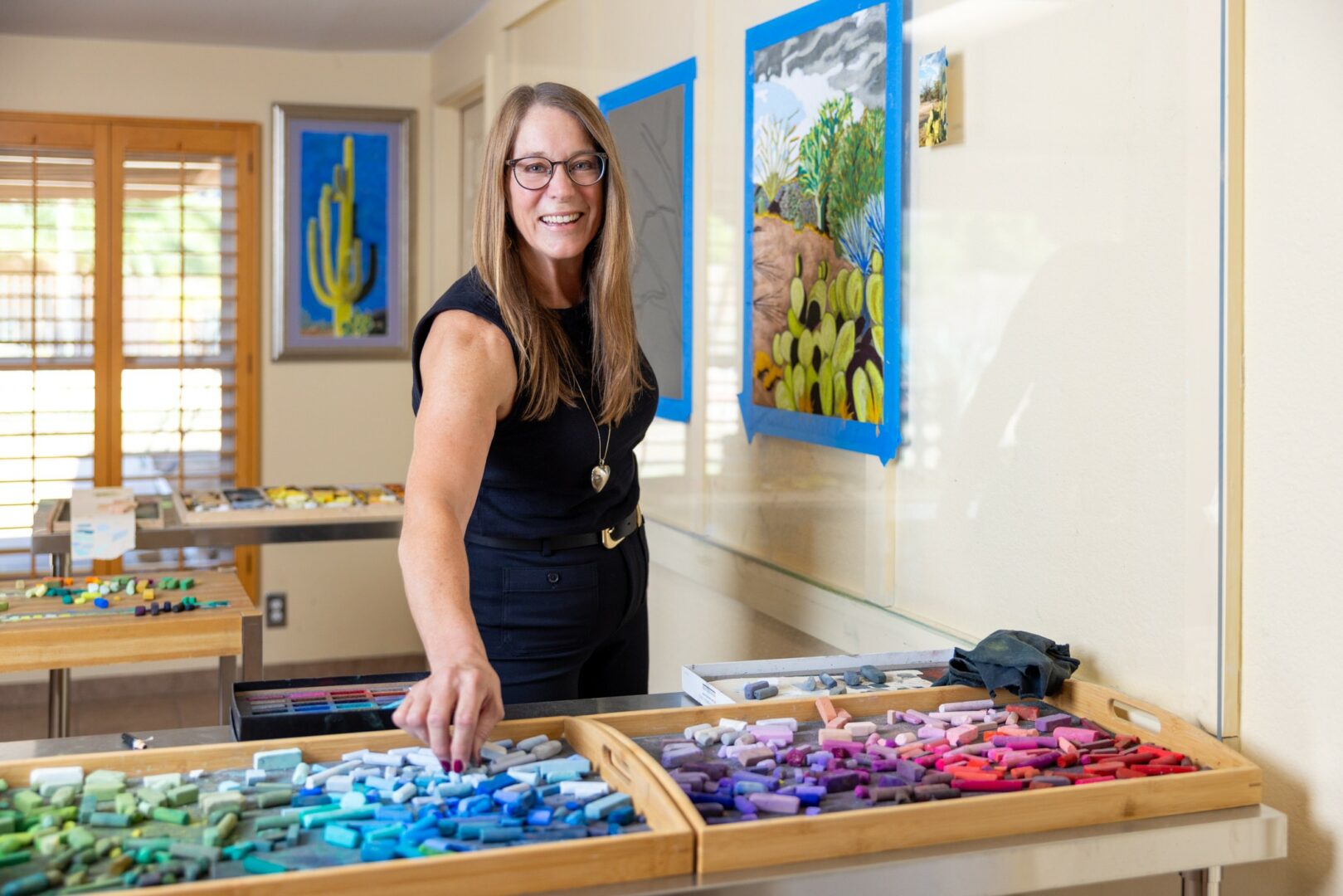
Imposter syndrome can be sneaky!! When I first started painting I was amazed each time a piece turned out beautiful. For the first year, I remember thinking , ‘Well, I just got lucky.’ Eventually, it changed into, ‘Yea, nobody gets lucky this often, you have a talent.’ The real turning point was when I participated in my first big art show. Read More>>
Henrietta ‘Natashya’ Slaffey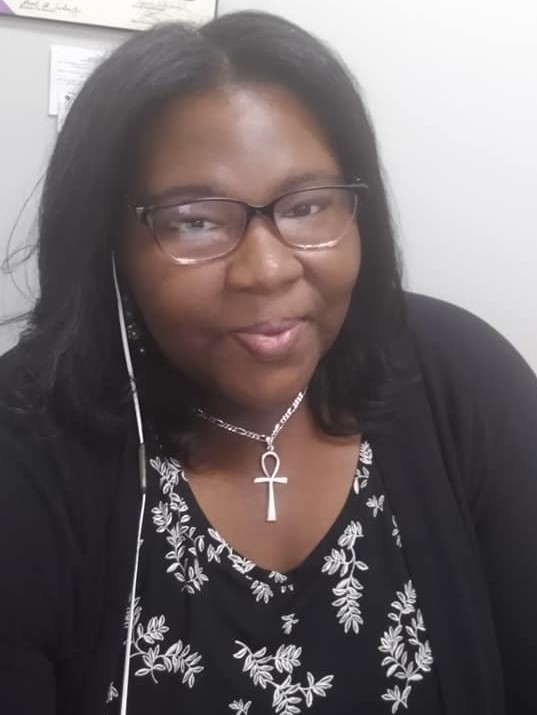
To understand imposter syndrome, you must first ask yourself: At what point in your life do you stop learning? The name of the syndrome suggests that you are a fraud in some aspect. I combat imposter syndrome by understanding that I am a student of life. I am forever learning and seeking understanding through critical evaluation of practice. Read More>>
Nicole Albani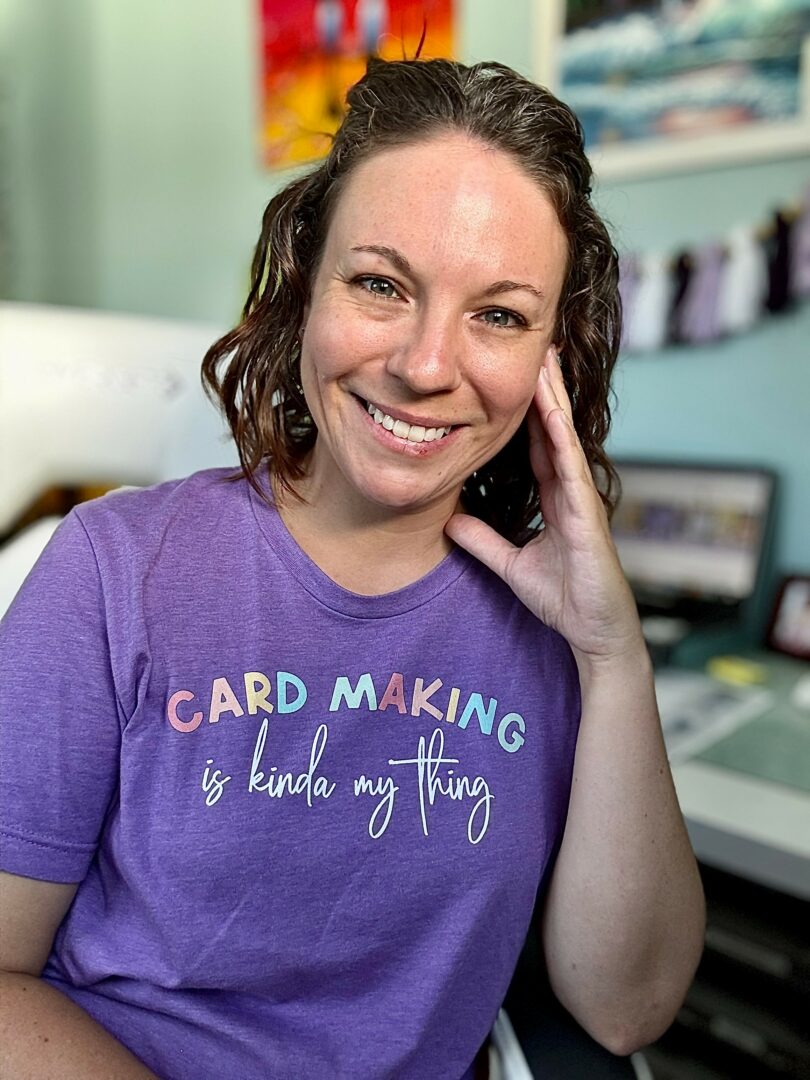
I’m not sure if anyone fully overcomes imposter syndrome 100% of the time, but what has helped keep mine manageable is turning my gaze inward instead of outward. It is so easy, especially in these times of social media, to compare yourself to others. Read More>>
Tara Holt
I can’t say that I’ve overcome it. Overcoming imposter syndrome is a daily process — one rooted in faith, self-awareness, and intentional reflection. I begin each day by anchoring myself in who God says I am, choosing to walk confidently as a daughter of the King.Read More>>
Carrie Miller
In art, I believe there are no imposters. Everyone brings their own unique experiences to their work. The term intersectionality, coined by Kimberlé Crenshaw, has been the most freeing concept for me. It highlights how different aspects of a person’s identity shape who they are and how they experience the world. To me, art is the physical embodiment of that idea. Read More>>
Mollie Chounard
You don’t really overcome imposter syndrome, you just learn to live with it. The goalpost is always moving. You tell yourself, “If I can just reach this next milestone, I’ll finally feel like I belong,” and then you reach it… and the feeling’s still there. Read More>>
Arthur Fields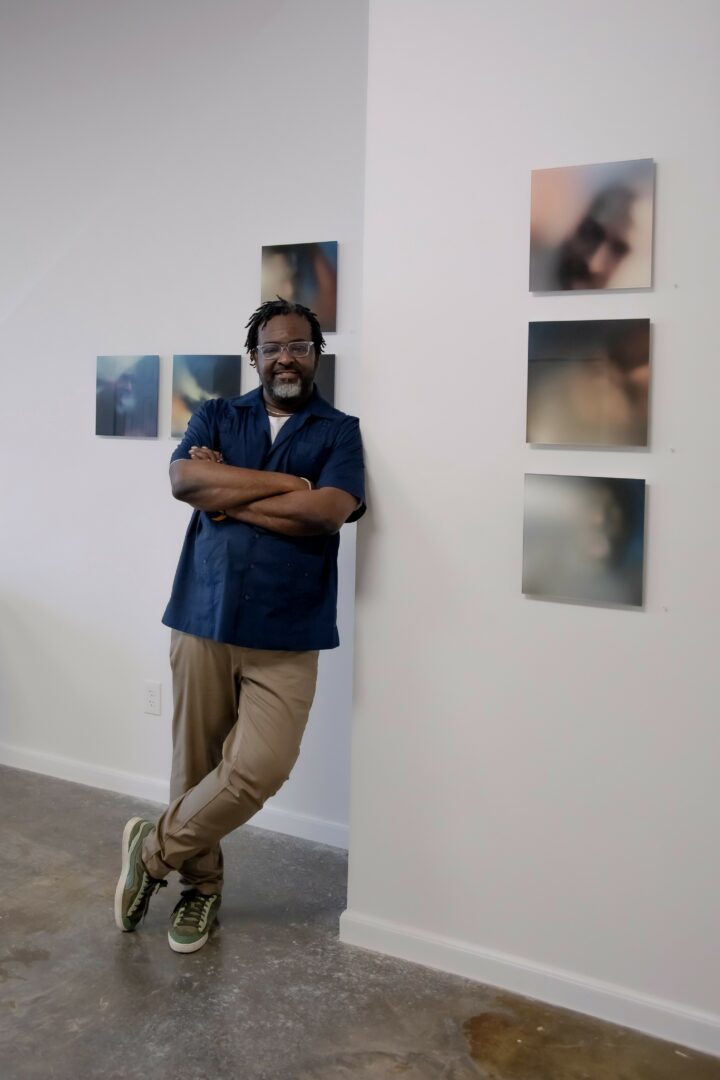
Overcoming imposter syndrome wasn’t a sudden shift—it was a process rooted in the unwavering support of my friends and family. Their belief in me helped me see what I couldn’t always see in myself: that I’m not only capable, but deeply skilled at bringing people together, inspiring others, and creating meaningful work. Read More>>
Promise McCree
I overcame my imposter syndrome by realizing that this is my life. I took control by understanding that trusting myself and believing in myself are two of the most important qualities I could ever develop. Consistency became my foundation. There were moments I questioned myself, even when I knew I was in the first stages of healing. Read More>>
Maggie Davis
I have learned through experience in various jobs across various industries that really nobody knows what they are doing! From the big corporate CEO down to the small business owner, we’re all just learning as we go! People have more experience than me, but they didn’t start out that way and it’s been a wonderfully freeing feeling when I actively think this way. Read More>>
Vicki Scott
Overcoming imposter syndrome is a constant practice. There are a few different sources of imposter syndrome and the key to fighting it, is knowing its source. The first place that imposter syndrome comes from is your own lack of knowledge. Read More>>
Beatrice Hyppolite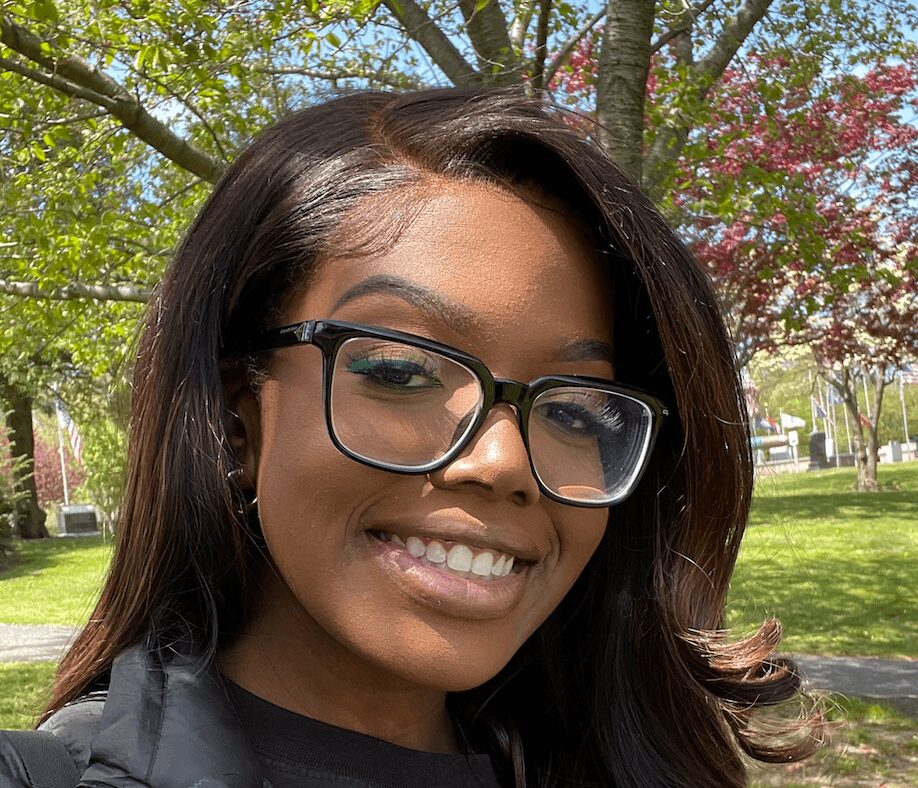
When I first stepped into the public health world, I felt like I had something to prove, like everyone around me already had their path mapped out while I was still trying to figure out where I fit. I was often the youngest in the room, one of the few Black women, and constantly questioning if I was doing enough to belong there. Read More>>
Gail Lane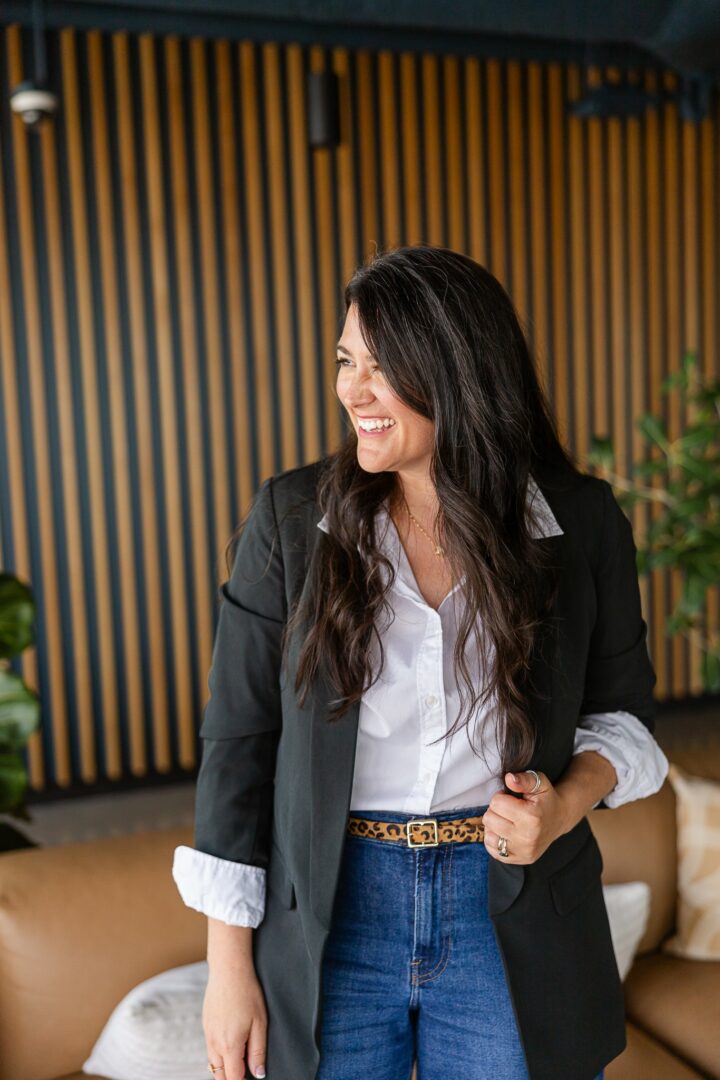
I don’t know that I’ll ever fully “overcome” imposter syndrome — or even that I’d want to. I think most of us will always have moments where those familiar internal narratives pop up: “Am I good enough?”
“What if someone figures out I’m not really that _____?” (knowledgeable, capable, intentional, smart… the list can go on forever.) Read More>>
Denise Righetti
When I first started my wine journey with Wines for Humanity, I’ll be honest — imposter syndrome was real. I didn’t even know how to open a bottle of wine using a proper wine key! At my earliest wine tastings, I was so embarrassed that I’d literally turn my back to the group and use one of those openers where the little wings would fly up as you twisted the corkscrew deeper into the cork. I was terrified someone would notice that I didn’t really know what I was doing. Read More>>
Angel Lozano
I would say it’s a long and hard journey of how overcome imposter syndrome if anything I still may have it from time to time because it’s normal to have imposter syndrome. Read More>>
Alysa Levi-D’Ancona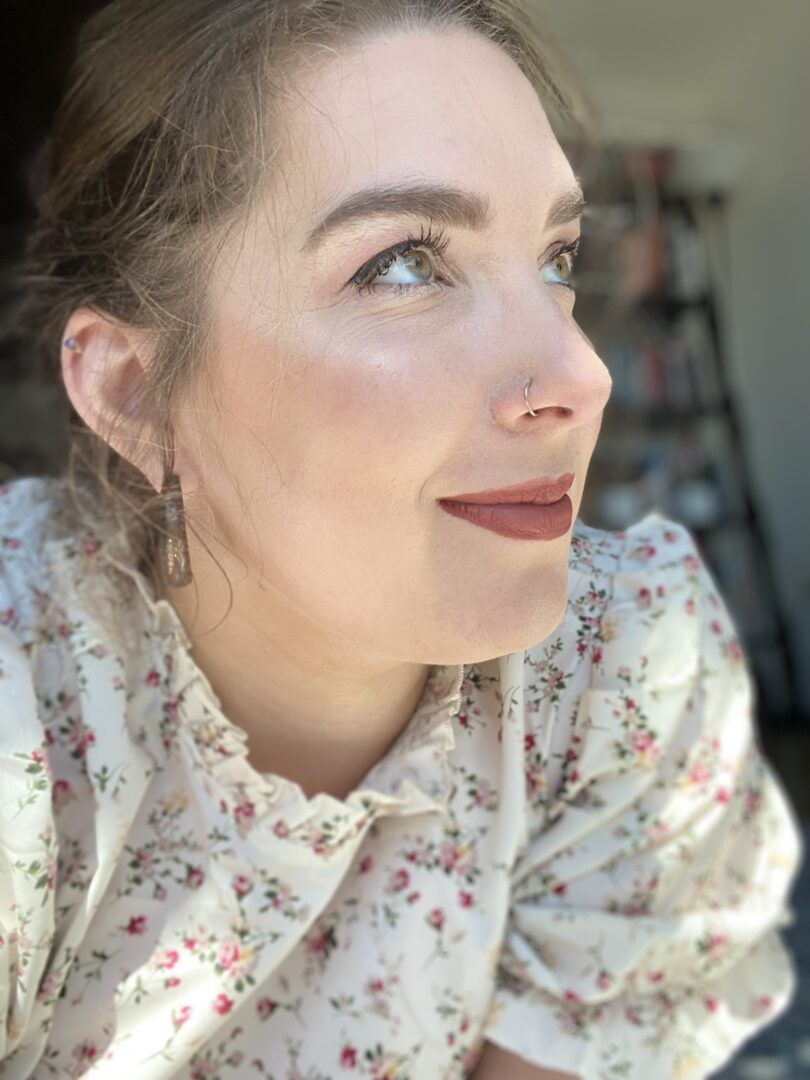
I don’t know if I’ve ever truly overcome my imposter syndrome. Honestly, I’m not sure I ever want to. I think you need to keep a small element of it if you want to have a growth mindset. Maybe “overcome” isn’t even the right word. Imposter syndrome feels more like a spectrum, and I’ll always live somewhere on it. Read More>>
Desiraé Robinson
I believe imposter syndrome often affects people like myself who see their purpose as something outside of themselves rather than something that’s already a part of who they are. I wouldn’t say I’ve completely overcome it — it’s a constant practice — but I’ve learned how to face it head-on. Read More>>
Nichole Ogburn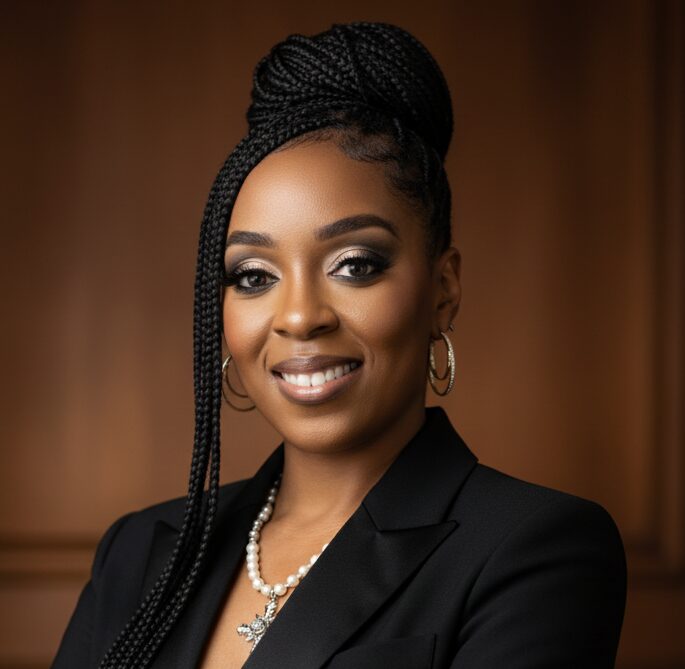
I overcame imposter syndrome by learning to honor my evidence instead of my emotions. For years, I downplayed my wins and moved on as if those wins were small—but once I started tracking results, feedback, and growth, I could see proof that I was qualified and called. Read More>>

